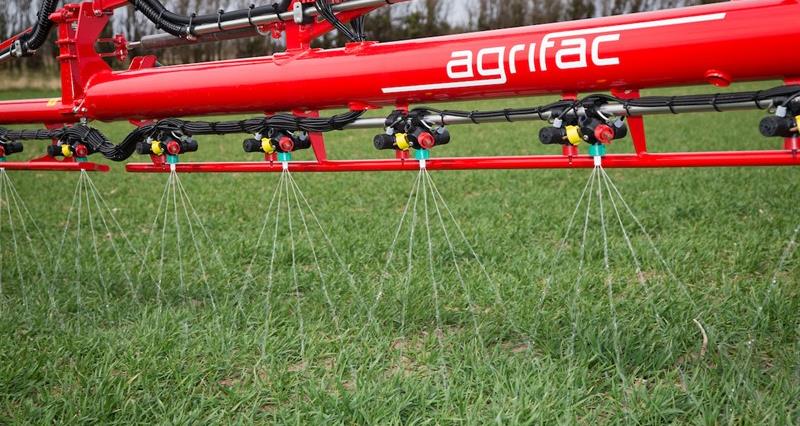Fertiliser cost and availability are expected to be key risks facing farming businesses for the foreseeable future.
Investing time in building relationships with a range of suppliers and understanding the range of products available will be an important source of resilience. Also, the value of understanding, measuring and driving nutrient use efficiency has never been so high for businesses.
NFU work so far
NFU continues to provide analysis of gas and fertiliser markets into Defra via the Market Monitoring Core Group. We are increasingly asking government and fertiliser supply chains to aid transparency in the marketplace to support confidence and decision making.
The ‘Great Grain Robbery’
To understand the enormity of the challenge that the UK and global fertiliser market face, we need to go back 50 years to July 1972, when the Soviet Union bought ten million tonnes of US grain at subsidised prices, which led to significant global price increases.
Known as the ‘Great Grain Robbery’, this event drove the US Government (and others) to have a far greater understanding of global and national agricultural output and trade.
Fertiliser markets today are much like grain markets were fifty years ago, with very poor insight into supply, stocks, demand, and pricing.
Fertiliser tends to fall out of the scope of ‘agriculture’ when it comes to domestic and trade policy. Nationally and globally, there must be a realisation of interdependence.
What is happening in the UK?
As we hurtle through 2022, we will soon be expecting to see what new season fertiliser prices look like, which marks the start of buying for the 2023 growing season.
Because of all the uncertainty, there is a risk that farmers opt to hold back and wait and see what happens; for example, instead of buying fertiliser in June 2022, they wait until January 2023.
If one business decides to do this, there is no issue, but if thousands of businesses adopt this view, there is a risk of not being enough supply capacity to meet what could be very lumpy demand.
In a functioning marketplace prices for immediate and deferred delivery would be visible and incentivising demand to be much smoother.
